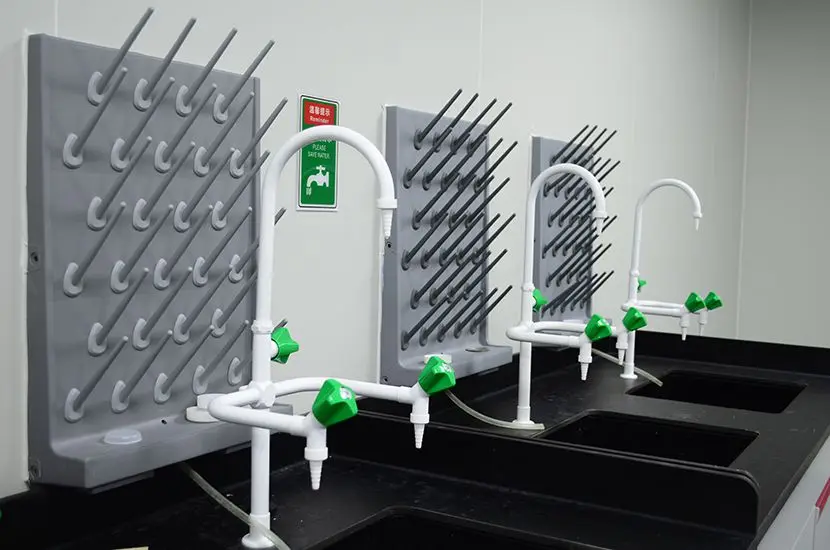
How to Get FDA Certification for Oral Irrigators
Oral irrigators, widely used for oral care, must prioritize safety and quality. Obtaining FDA certification is a strong endorsement of their quality and safety. Here's how to handle the process:
1. Determine Product Classification
Identify the classification of the oral irrigator under FDA regULations. This depends on its intended use, such as home oral care, professional dental equipment, or medical devices.
2. Review Relevant Regulations and Standards
Study FDA regulations and standards for the determined classification. This includes material restrictions, performance requirements, and testing methods.
3. Prepare Technical Documentation
- Detailed Product Description: Include dimensions, shape, functions, usage, and working principles.
- Material Information: Provide supplier details and quality certificates.
- Design Documents: Include blueprints and specifications.
4. Conduct RequiRED Testing
- biocompatibility Tests: Such as cytotoxicity and skin irritation.
- Physical Performance Tests: For water pressure, flow rate, and spray head angle.
5. Choose the Certification Pathway
- 510(k) Premarket Notification: If the product is substantially equivalent to an already marketed device.
- De Novo Pathway: For innovative devices with no substantial equivalent.
6. Submit Application
- Complete and submit FDA application forms.
- Attach technical documentation and testing reports.
7. FDA Review
- FDA conducts an initial review of submitted materials.
- They may request additional information or clarifications.
8. Certification Decision
Upon approval, the product receives FDA certification.
Obtaining FDA certification for oral irrigators is a complex but essential process. It requires significant time, effort, and resources, but certification opens broader markets and assures consumers of reliable quality.
Email:hello@jjrlab.com
Write your message here and send it to us
 Cost of U.S. FDA CFR 21 177.2600 Test Report
Cost of U.S. FDA CFR 21 177.2600 Test Report
 How much does the IP44 Compliance Test cost
How much does the IP44 Compliance Test cost
 What is LFGB Test
What is LFGB Test
 What does LFGB certified mean?
What does LFGB certified mean?
 Weee authorised representative germany
Weee authorised representative germany
 Where to Apply for 2026 Air & Sea Transport Ce
Where to Apply for 2026 Air & Sea Transport Ce
 Guide to IEC Test Reports for Lighting Exports
Guide to IEC Test Reports for Lighting Exports
 IEC/EN 62471 and IEC/EN 62778 (Photobiological Saf
IEC/EN 62471 and IEC/EN 62778 (Photobiological Saf
Leave us a message
24-hour online customer service at any time to respond, so that you worry!




